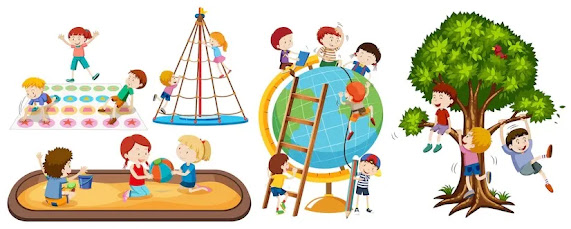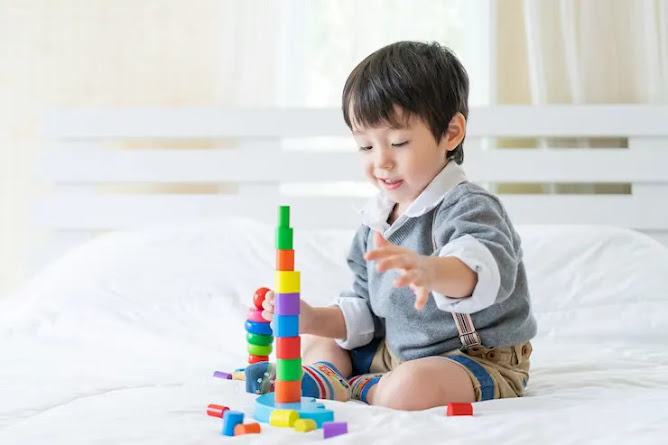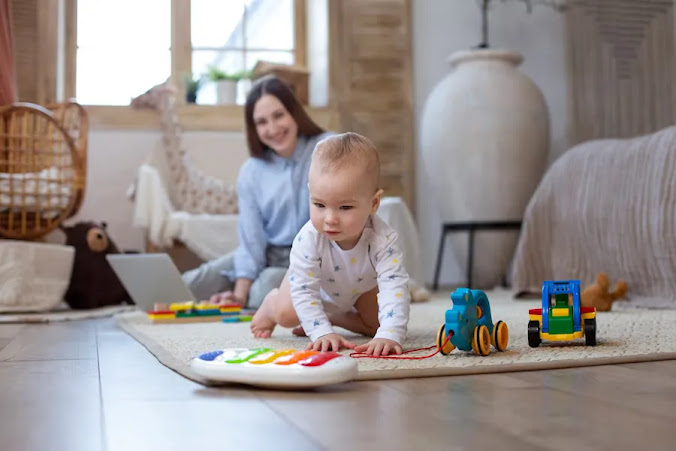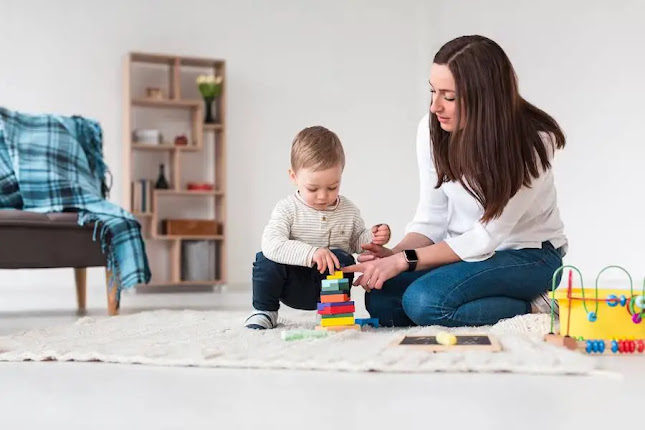4 Emerging Trends in Early Childhood Education
Here are 4 emerging trends in early childhood education. Read more to educate yourself and make the best choices for your little ones.
Technology in Child development
Technology has become an ongoing trend with the constant upgrade and development in technology. Technology and device usage among young children is on the rise, with children owning devices and using the internet at a young age. Observe how your children interact with technology; since it’s an audio-visual form, you can use documentaries and educational videos to help your child learn. Play-based learning in the form of education games is also a fun way to teach your child new things.
Although a lot of new tools have emerged and are developing positive behaviour among children, it is also important to limit screen time for young children.
Educating with nature
Scandinavian education approaches like the Forest school movement have inspired this trend. Learning outdoors and among nature has become increasingly popular and is also seen as a growth activity. Allowing kids to explore the outdoors and discover elements on their own gives them a sense of independence along with fresh air. Although the concept of forest schools is interesting, the natural space required for such education is out of reach for many institutions. This doesn’t mean that educating about nature is not possible; teachers can incorporate natural elements into the classroom or dedicate time for outdoor exploration and play.
Project-based learning
This is a teaching method where students learn by a hands-on practical approach. Project-based learning creates a student-centred environment, unlike the earlier teacher-centred environment. The teacher serves the role of the facilitator and guides the students into falling into a role that best suits their individual strengths. Project-based learning also helps children develop social skills. Children develop social literacy and prepare themselves for the future. Group-based activities help with communication skills and bolster confidence levels. They get to nurture their problem-solving skills in a social setting rather than in a classroom setting. It also encourages curiosity and helps them understand the “how” and “why” of things.
Greater focus on physical fitness
Childhood obesity is on the rise, and the fight against this issue is now reaching educational environments. Teachers are planning more and more outdoor activities and encouraging children to participate in outdoor sports. Childcare and preschool institutions have started providing children with lifetime sports training such as running, swimming, and dancing and have also started showing interest in martial arts training, boxing and other fighting sports. By focusing on independent sports activities that are non-competitive, educators can help children get a healthy start. These physical training sessions are organized to supplement playtime and recess, and most educational authorities recommend not skipping or reducing free play opportunities.
Also Read:- 15 DIY Kid Friendly Activities for Toddlers
Society is now recognising the importance of Early Childhood Education since these are the years when children go through major changes and absorb knowledge. As states and nations begin to realize the importance of ECE, more and more programmes are dedicated to providing early support that delivers big rewards in the future.
Raising Superstars understands the importance of Early Childhood education. Raghav Himatsingka, a parent himself, is the founder of Raising Superstars. Together, the team has designed programmes and activities carefully to lay the foundation of early education to nurture and prepare children for the future.




Comments
Post a Comment